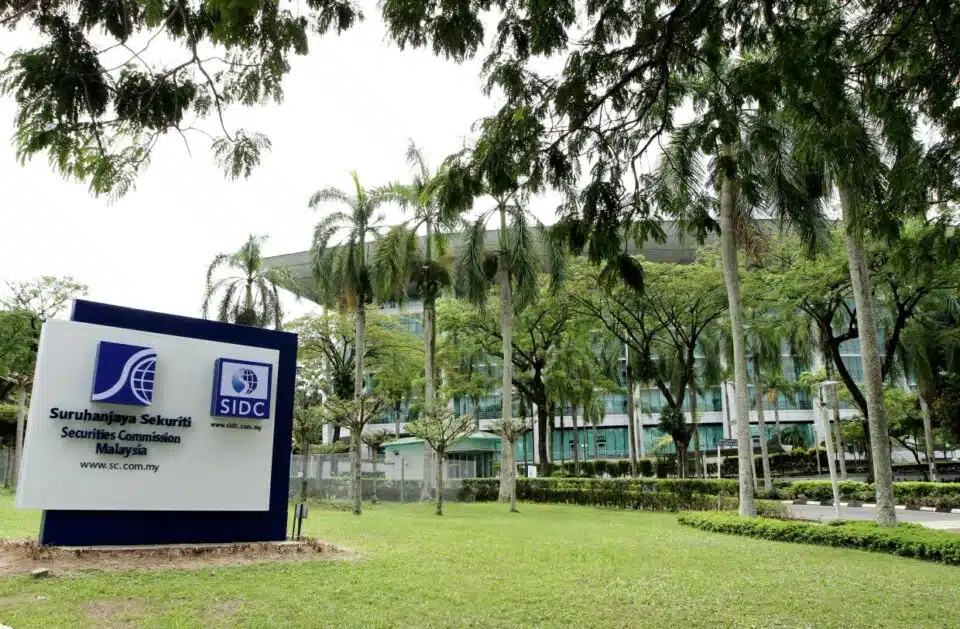KUALA LUMPUR, Oct 23 — The Securities Commission Malaysia (SC) is working on the next iteration of the sustainable and responsible investment taxonomy (SRI Taxonomy) released in December last year.
Chairman Datuk Seri Dr Awang Adek Hussin said the move would provide greater guidance to the industry.
SRI Taxonomy provides common guiding principles on the classification of economic activities to support sustainable investments.
“As sustainable investments continue to grow, a more systematic classification system is also needed to facilitate comparability and their alignment with environmental, social and sustainability goals,” he said in his speech during the Joint Committee on Climate Change (JC3) Journey to Zero Conference 2023.
Awang Adek said as the global climate change mitigation pledges fall well short of achieving anything significant, the world needs to start turning commitments into actions to achieve an outcome.
At home, he said it is encouraging to see the government adopting a whole-of-nation approach to address the impact of climate change on economic sustainability via roadmaps and masterplans.
To support the nation’s priorities, the financial sector should be ready to facilitate the country in efforts to achieve its sustainability and climate goals.
“To realise the energy transition alone, we need RM1.3 trillion between now and 2050.”
Awang Adek added that the SC has also paved the way for sustainability from 2011 when SRI was embedded in the Capital Market Masterplan 2 (CMP2).
This was followed by the introduction of the SRI Sukuk Framework in 2014, while the SRI-linked Sukuk Framework launched last year allows businesses to tap into transition purposes, and not just for those looking for green financing and sustainability projects.
To-date, RM21 billion worth of SRI Sukuk have been issued, with more than 20 per cent raised to finance renewable energy (RE) projects.
For smaller-scale financing, equity crowdfunding (ECF) and peer-to-peer (P2P) financing platforms have helped SMEs reach untapped investor pools.
“These channels are also cheaper, faster, and more convenient. As of June, over 9,000 micro, small and medium enterprises (MSMEs) had raised over RM5.4 billion through ECF and P2P financing, with some going towards green projects,” he noted.
On the same note, he urged capital market industry players in Malaysia to take advantage of the various initiatives that have been introduced in Malaysia and ASEAN and step up their efforts in championing sustainable finance.
Last week, the Asean Capital Markets Forum (ACMF) in Bali endorsed the ASEAN Transition Finance Guidance, as well as an initial report on the overall state of development of voluntary carbon markets in Asean.
This report was developed under the SC’s co-chairmanship of the ACMF Sustainable Finance Working Group.
The ACMF also endorsed a handbook to facilitate the cross-border offerings of ASEAN Sustainable and Responsible Funds.
— Bernama





